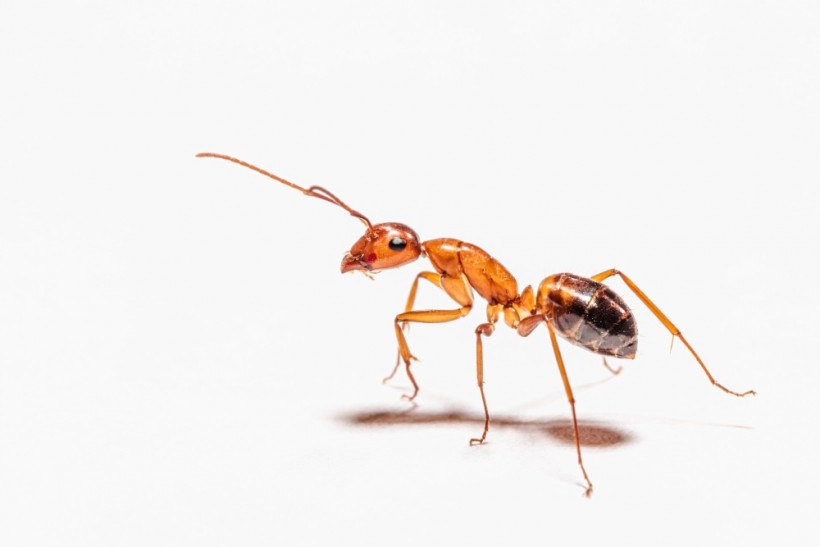The ever-expanding problem of plastic pollution has taken a surprising turn as scientists unveil a previously unnoticed interaction between plastics and terrestrial insects.
In this recent discovery, researchers have found that ants, those industrious little insects, are not immune to the hazards of plastic waste.
While this phenomenon's full extent and impact remain uncertain, it represents another sobering chapter in our planet's battle against plastic pollution.

Plastic pollution reaches terrestrial ants, raising questions about its extent and impact in this new discovery, emphasizing the urgency for further research.
A Closer Look
The story began in 2022 when Armand Rausell-Moreno, a scientist from the National Museum of Natural Sciences in Madrid, was conducting fieldwork on the Spanish island of La Palma. Amid the lush vegetation and buzzing ecosystems, he encountered a perplexing sight: ants ensnared in plastic fibers.
Struck by the unusual observation, Rausell-Moreno reached out to ant expert J. Manuel Vidal-Cordero and Álvaro Luna, a professor at the European University of Madrid, who shared a keen interest in the impact of plastics on the natural world.
The trio embarked on a mission to investigate this intriguing phenomenon. Their efforts led to the collecting of 113 ants from 40 different sites across La Palma. Among them, three ants were discovered entangled in some form of fiber.
Laboratory analysis confirmed that two of these fibers were composed of plastic. One was wrapped around an ant's abdomen, while the other coiled around an individual's legs.
The affected ant species included the Lasius grandis ant, native to the Mediterranean region of Europe and North Africa, and a species from the genus Monomorium.
This marks a watershed moment in scientific knowledge, as it is the first documented evidence of plastic pollution impacting terrestrial insect species. The researchers suspect this phenomenon may have gone unnoticed for a considerable time.
Read Also: UK Scientists Unveil Traps to Battle Against Invasive Chinese Mitten Crabs
Proving the Study
Álvaro Luna, the study's lead author, emphasized, "What the first data seem to indicate is that the interaction of invertebrates with plastic could be occurring without attention having been paid until now."
Yet, the true implications of plastic entanglement for these ants remain mysterious. It is also uncertain how widespread this issue might be, given the limited sample size and the specific location of the study.
Luna commented, "To be honest, I believe that neither we nor anyone to date has a real estimate of the extent to which this problem is occurring and whether it is something widespread and serious or not."
Plastic waste in natural environments, from ocean depths to polar ice, is a well-established concern. Plastic pollution has already wrought havoc on marine life, with sea turtles, seabirds, and marine mammals often falling victim to the plastic scourge.
The new study, published in the journal Ecological Entomology, underscores the urgency of further research into the impact of plastic pollution on terrestrial insects and invertebrates.
Stay posted here at Tech Times.
Related Article: New Marine Bacteria Capable of 'Eating' Plastic Waste in Oceans Discovered by Researchers






